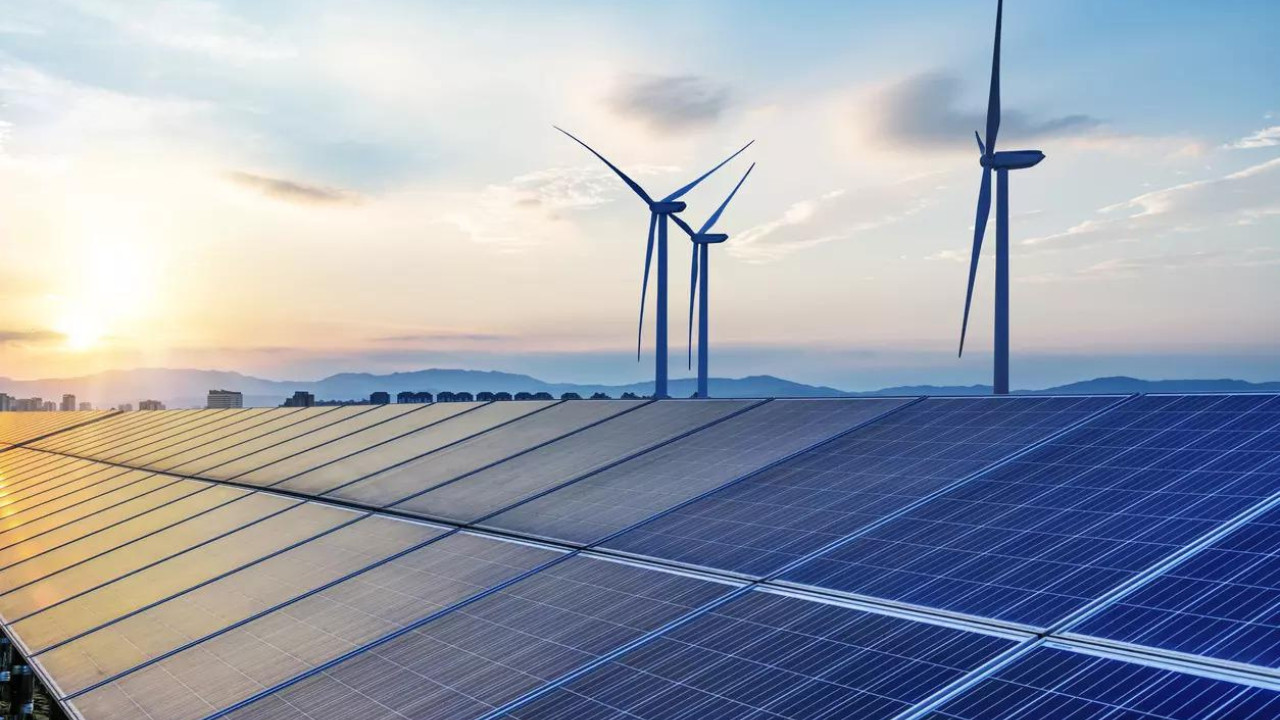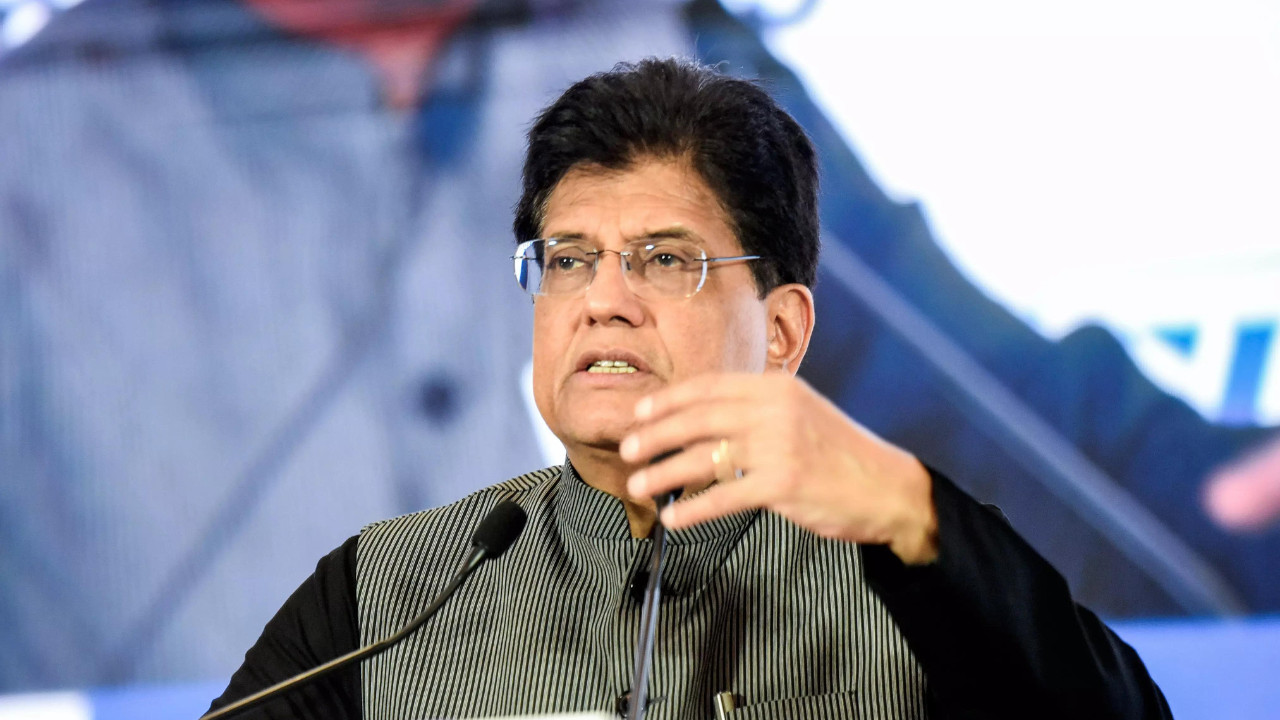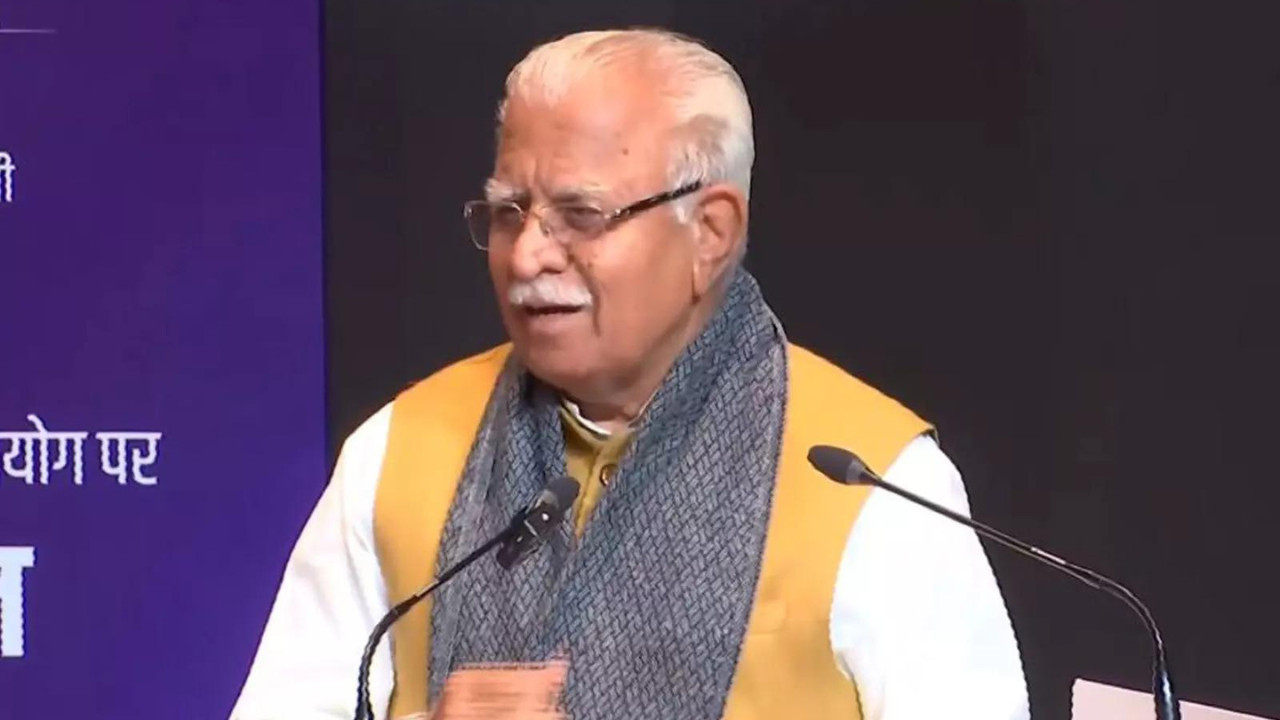Gear Up, India! Are Lower GST Rates the Key to a Car-Buying Frenzy?
It’s a familiar hum across Indian cities: the constant thrum of engines, the almost musical beeping of horns, and the steady crawl of traffic. Cars are practically woven into the fabric of daily life here. But recently, something’s been stirring in the automotive market, a potential shift that could make that hum even louder. Could a reduction in GST rates be the ignition switch that sends car sales soaring? It’s certainly the question on the minds of automakers and consumers alike.
For months, whispers have circulated about a potential GST (Goods and Services Tax) cut on automobiles. The industry has been vocal about its desire for lower taxes, arguing that it would make cars more affordable and accessible, thereby driving up sales. The current GST rates on automobiles in India are structured into several slabs depending on engine capacity, size, and the type of vehicle (electric or internal combustion engine (ICE). A significant reduction could drastically alter the playing field.

So, what’s fueling this optimism?
The underlying principle is simple: lower taxes equal lower prices. A GST cut would directly translate into reduced sticker prices for cars, making them more attractive to potential buyers. This is particularly crucial in a price-sensitive market like India, where affordability is a major deciding factor for many.
Imagine a family that’s been saving for years to buy their first car. Even a small reduction in the overall price could bring their dream within reach. Or consider a young professional looking to upgrade from a two-wheeler to a four-wheeler. A more affordable option could be the deciding factor that pushes them to make the purchase.
Festive Season Sales and the GST Factor
The timing couldn’t be better. The festive season in India, traditionally a period of high consumer spending, is just around the corner. This is when many families make big-ticket purchases, including cars. A GST cut implemented before or during the festive season could act as a powerful catalyst, further boosting sales. Car companies often launch special offers and discounts during this time, and the additional benefit of lower GST rates could create an irresistible combination for potential buyers.
Think of it as adding fuel to a already burning flame. The festive spirit, combined with enticing discounts and the promise of lower prices due to reduced GST, could lead to a significant surge in car sales across the country. However, the impact goes beyond just the festive season. Sustained lower prices could contribute to a long-term increase in demand, benefiting the automotive industry as a whole.
Impact on the Automotive Industry and Beyond
The implications of a GST reduction extend beyond just increased sales figures. A thriving automotive industry has a ripple effect throughout the economy. It creates jobs in manufacturing, sales, and service sectors. It also boosts demand for raw materials like steel, aluminum, and rubber, benefiting related industries.
Furthermore, increased car ownership can improve connectivity and mobility, particularly in rural areas where public transportation options are limited. This can lead to greater economic opportunities and improved quality of life for people living in these regions.
Challenges and Considerations
Of course, a GST reduction is not a magic bullet. There are challenges and considerations to keep in mind. One concern is the potential impact on government revenue. A lower GST rate would mean less tax revenue for the government, which could have implications for other areas of public spending.
Another factor to consider is the potential for car manufacturers to simply absorb the GST cut instead of passing it on to consumers. This is unlikely, given the competitive nature of the Indian automotive market, but it is a possibility that needs to be monitored.
For more on industry trends, you can also check out our article on the evolving electric vehicle market and government initiatives.
The Road Ahead for Lower GST Rates
The question of whether or not the government will actually implement a GST reduction remains a hot topic. Various stakeholders are currently engaged in discussions and negotiations. The government needs to weigh the potential benefits of increased sales and economic activity against the potential loss of revenue.
Ultimately, the decision will depend on a complex interplay of economic factors, political considerations, and the lobbying efforts of the automotive industry. But one thing is clear: a GST reduction has the potential to significantly boost car sales and contribute to the growth of the Indian economy. If the government decides to move forward with this measure, it could signal a new era of growth and prosperity for the automotive sector and the millions of people who rely on it. A cut in rates would be welcomed by potential car buyers.







